May 12 stands as one of history’s most eventful days, witnessing the rise and fall of empires, groundbreaking discoveries, and moments that shaped our modern world across centuries of human achievement.

Politics and Government Events on May 12
1937 – The Duke and Duchess of York Crowned as King George VI and Queen Elizabeth
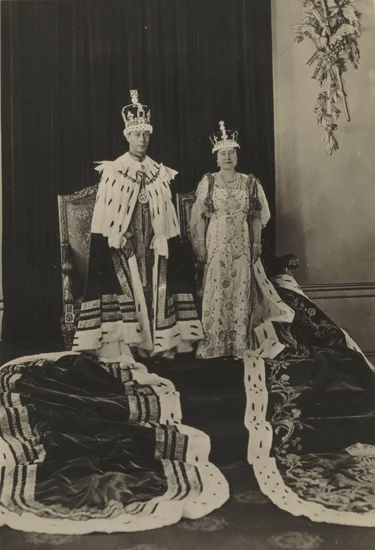
The Duke and Duchess of York were crowned as King George VI and Queen Elizabeth of the United Kingdom in Westminster Abbey. The coronation ceremony marked a pivotal moment in British royal history.
The elaborate ceremony took place following the abdication crisis that had rocked the monarchy. Their reign would soon be tested by the approaching challenges of World War II.
1949 – Soviet Union Lifts Berlin Blockade
The Soviet Union officially ended its devastating blockade of Berlin, bringing relief to the besieged city. The decision marked a crucial de-escalation in the early Cold War tensions.
The blockade had isolated West Berlin for nearly a year, forcing the Western allies to mount the massive Berlin Airlift operation. This diplomatic victory strengthened Western resolve and demonstrated the limits of Soviet pressure tactics.
1933 – Federal Emergency Relief Administration Created
President Roosevelt signed groundbreaking legislation establishing the Federal Emergency Relief Administration, the predecessor of FEMA. This bold initiative represented a fundamental shift in federal disaster response capabilities.
The new agency would coordinate national emergency relief efforts during the Great Depression. Its creation demonstrated Roosevelt’s commitment to expanding federal government responsibilities during national crises.
2002 – Jimmy Carter Visits Cuba
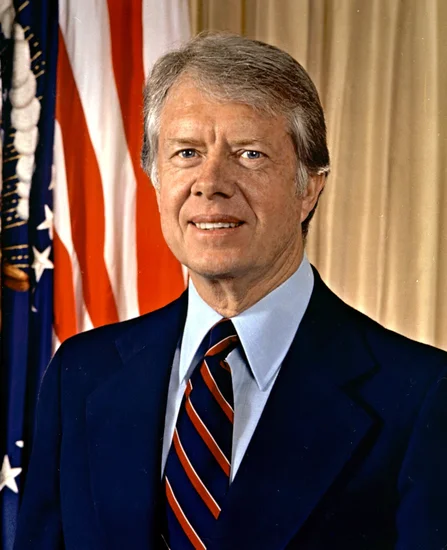
Former President Jimmy Carter arrived in Cuba for a historic five-day visit with Fidel Castro. He became the first U.S. President, in or out of office, to visit the island since the Cuban Revolution.
Carter’s diplomatic mission aimed to improve relations between the long-standing adversaries. His unprecedented visit opened new channels for dialogue between the United States and Cuba.
Military and Naval History on May 12
1942 – Second Battle of Kharkov Launched
Red Army forces under Marshal Semyon Timoshenko launched a major offensive from the Izium bridgehead in eastern Ukraine. The ambitious operation aimed to recapture the strategic city of Kharkov from German forces.
The offensive would prove disastrous for Soviet forces within two weeks. German Army Group South successfully encircled and destroyed the attacking Red Army units, dealing a crushing blow to Soviet military prestige.
1942 – German U-boat Attacks Mississippi River
The German submarine U-507 torpedoed the U.S. tanker SS Virginia in the mouth of the Mississippi River. This audacious attack brought the war directly to American territorial waters.
The strike demonstrated the remarkable reach of German naval operations along the American coast. The attack shocked civilians and military officials who had considered the Gulf of Mexico relatively safe from enemy action.
1968 – North Vietnamese Forces Attack Fire Support Base Coral
North Vietnamese and Viet Cong forces launched a coordinated assault against Australian troops defending Fire Support Base Coral. The fierce engagement tested the resolve of allied forces in Vietnam.
The attack marked a significant escalation in enemy operations against Australian positions. The battle would become one of the most intense confrontations involving Australian forces during the Vietnam War.
1975 – Mayaguez Incident Begins
Democratic Kampuchea naval forces captured the American merchant vessel SS Mayaguez in international waters. The seizure triggered an immediate diplomatic and military crisis for the United States.
The incident would prompt President Ford to authorize a military rescue operation. The confrontation became the last official battle of the Vietnam War era, testing American resolve in Southeast Asia.
Science and Discovery Milestones on May 12
1941 – Konrad Zuse Presents the Z3 Computer
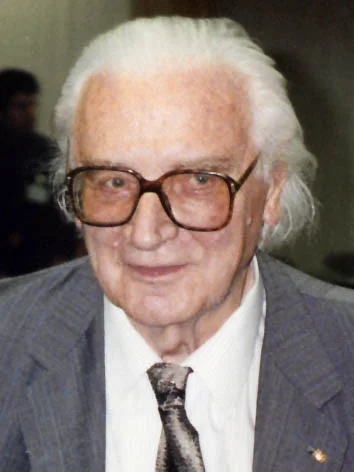
Konrad Zuse unveiled the Z3, the world’s first working programmable, fully automatic computer, in Berlin. This revolutionary machine marked the dawn of the computer age.
The Z3 represented a quantum leap in calculating technology, featuring floating-point arithmetic and program control. Zuse’s groundbreaking invention laid the foundation for all modern computing systems.
1965 – Soviet Luna 5 Crashes on Moon
The Soviet spacecraft Luna 5 crashed on the lunar surface, ending another ambitious attempt to achieve a soft landing. The mission represented the ongoing space race between the superpowers.
The crash highlighted the enormous technical challenges facing lunar exploration programs. Despite the failure, the mission provided valuable data for future Soviet lunar landing attempts.
2008 – Devastating Sichuan Earthquake Strikes China

A massive earthquake measuring 8.0 magnitude struck Sichuan Province, China, killing over 69,000 people. The catastrophic event ranks among the deadliest natural disasters in modern Chinese history.
The earthquake’s unprecedented destruction prompted international relief efforts and highlighted seismic risks in the region. The disaster led to significant improvements in Chinese earthquake preparedness and building codes.
Cultural and Arts Events on May 12
1926 – United Kingdom General Strike Ends
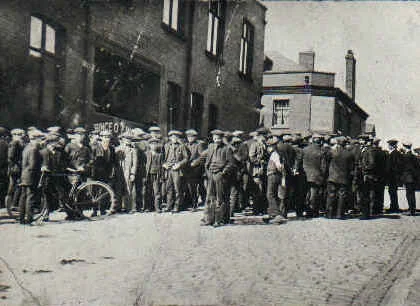
The 1926 United Kingdom general strike officially concluded after paralyzing the nation for nine days. This massive labor action represented the largest industrial dispute in British history.
The strike’s end marked a turning point in British labor relations and political power. Trade unions faced significant setbacks, while the government emerged with strengthened authority over industrial disputes.
1932 – Lindbergh Baby Found Dead
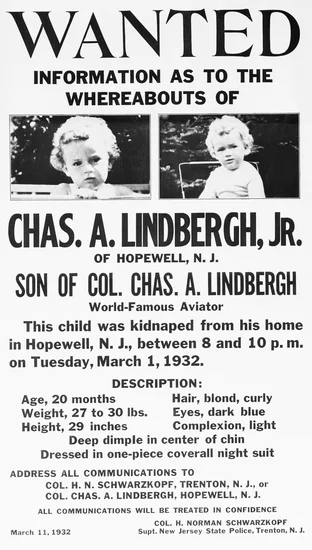
Charles Lindbergh Jr., the infant son of aviation hero Charles Lindbergh, was found dead near Hopewell, New Jersey. The discovery ended ten weeks of intense national attention following the child’s abduction.
The tragic conclusion to America’s “Crime of the Century” shocked the nation and sparked demands for stronger kidnapping laws. The case would lead to significant changes in federal law enforcement procedures.
1989 – San Bernardino Train Disaster
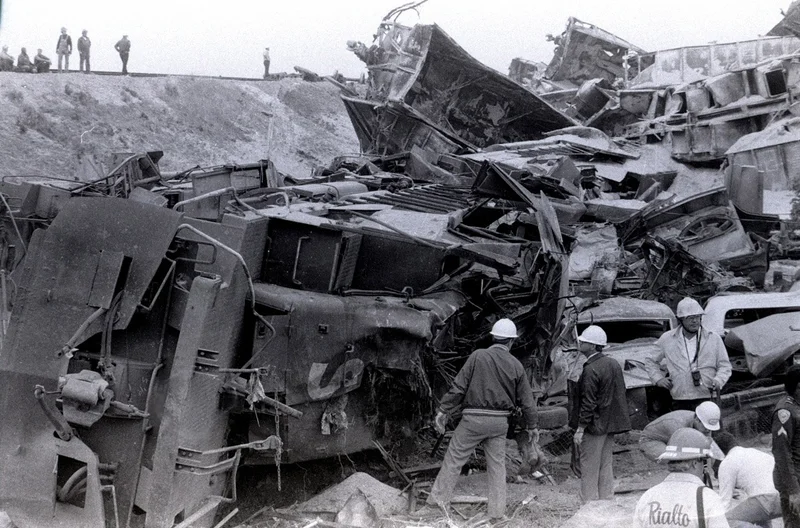
The San Bernardino train disaster killed four people in a devastating rail accident. The tragedy would be compounded a week later by an underground gasoline pipeline explosion that claimed two additional lives.
The twin disasters highlighted serious infrastructure safety concerns in the region. The incidents prompted comprehensive reviews of transportation and utility safety protocols.
Religious and Social Events on May 12
1978 – Pope John Paul II Assassination Attempt Thwarted

Security guards overpowered Juan María Fernández y Krohn before he could attack Pope John Paul II with a bayonet during a procession at Fátima, Portugal. The swift action prevented what could have been a devastating assault on the Catholic Church’s leader.
The attempted attack occurred at one of Catholicism’s most sacred sites, shocking pilgrims and church officials worldwide. The incident highlighted the ongoing security challenges facing the Vatican and papal visits.
1981 – Francis Hughes Dies on Hunger Strike
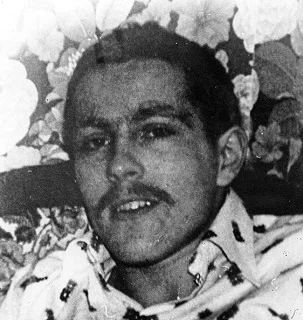
Provisional IRA member Francis Hughes died during a hunger strike in Northern Ireland’s Maze Prison. His death intensified the political crisis surrounding the Irish Republican prisoners’ protest.
Hughes became the second hunger striker to die, escalating tensions throughout Northern Ireland. His death sparked widespread protests and contributed to the deepening sectarian conflict.
1933 – Agricultural Adjustment Act Signed
President Franklin D. Roosevelt signed the Agricultural Adjustment Act, restricting agricultural production through government livestock purchases and farmer subsidies. This revolutionary legislation fundamentally transformed American agricultural policy.
The act represented a dramatic federal intervention in agricultural markets during the Great Depression. The controversial program aimed to raise farm prices by reducing supply through government-sponsored crop reduction.
Business and Economic Events on May 12
2008 – Largest Immigration Raid in U.S. History
U.S. Immigration and Customs Enforcement conducted the largest-ever workplace raid in American history at Postville, Iowa. Nearly 400 immigrants were arrested on charges of identity theft and document fraud.
The massive operation sent shockwaves through immigrant communities nationwide. The raid highlighted the ongoing debate over immigration enforcement and worker protection in American businesses.
2015 – WannaCry Ransomware Attack Begins
The WannaCry ransomware attack infected over 400,000 computers worldwide, specifically targeting Britain’s National Health Service and Spanish telecommunications giant Telefónica. The cyberattack demonstrated the vulnerability of critical infrastructure to digital threats.
The attack caused widespread disruption to hospitals, businesses, and government services across multiple countries. The incident sparked international cooperation efforts to combat cybercrime and improve digital security protocols.
2003 – Riyadh Compound Bombings
Al-Qaeda terrorists executed coordinated bombings at residential compounds in Riyadh, Saudi Arabia, killing 39 people. The devastating attacks marked a significant escalation in terrorism within the Saudi Kingdom.
The bombings targeted Western expatriate communities and highlighted the growing threat of international terrorism. The attacks prompted major security reforms and international cooperation in counterterrorism efforts.
Transportation and Infrastructure on May 12
1926 – Airship Norge Flies Over North Pole
The Italian-built airship Norge became the first vessel to fly over the North Pole, achieving a historic milestone in polar exploration. The successful flight demonstrated the potential of airship technology for long-distance navigation.
The Norge’s achievement marked a triumph of international cooperation in polar exploration. The flight opened new possibilities for Arctic transportation and scientific research in previously inaccessible regions.
2015 – Philadelphia Train Derailment

A catastrophic train derailment in Philadelphia killed eight people and injured more than 200 passengers. The Amtrak Northeast Regional train crashed while entering a curve at excessive speed.
The disaster prompted nationwide reviews of railway safety systems and speed control technology. The tragedy highlighted critical gaps in American passenger rail infrastructure and safety protocols.
2010 – Afriqiyah Airways Flight 771 Crashes
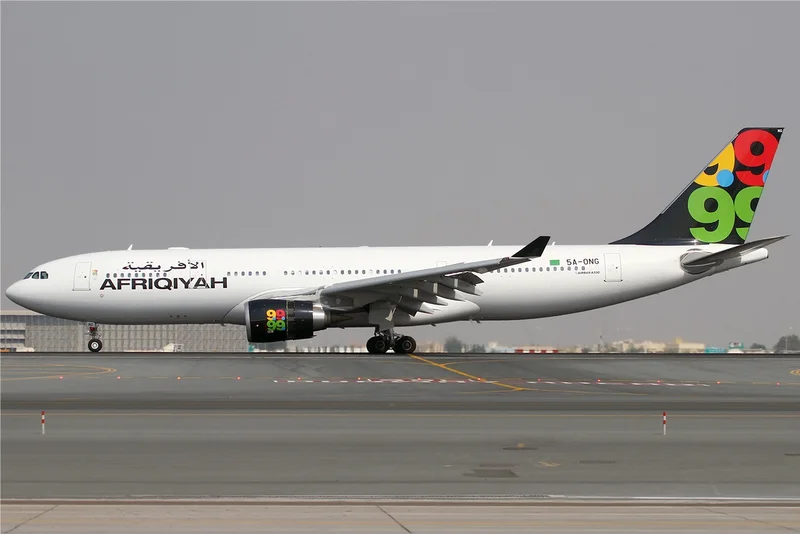
Afriqiyah Airways Flight 771 crashed on final approach to Tripoli International Airport, killing 103 of the 104 people aboard. The disaster marked one of the deadliest aviation accidents in Libyan history.
The crash investigation revealed multiple factors contributing to the tragedy. The incident prompted significant improvements in Libyan aviation safety standards and international oversight procedures.
Sports and Recreation on May 12
1957 – Alfonso de Portago Dies in Racing Accident

Spanish racing driver and bobsledder Alfonso de Portago died in a motorsport accident during his prime competitive years. The tragedy shocked the international racing community and highlighted the dangerous nature of early motor racing.
Portago had been a prominent figure in both Formula One racing and Olympic bobsledding. His death contributed to growing calls for improved safety measures in professional motorsport competition.
2000 – Adam Petty Dies in Racing Crash

Twenty-year-old Adam Petty, member of NASCAR’s legendary Petty racing dynasty, died in a practice crash at New Hampshire Motor Speedway. The tragedy ended the promising career of NASCAR’s youngest fourth-generation driver.
Adam’s death devastated the close-knit NASCAR community and the famous Petty family. The accident led to significant safety improvements in NASCAR, including the development of head-and-neck restraint systems.
2015 – Jonah Lomu Dies
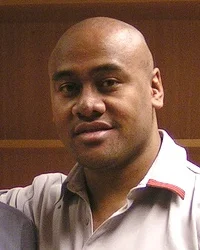
New Zealand rugby legend Jonah Lomu passed away at age 40, shocking the international rugby community. The massive winger had revolutionized the sport with his unprecedented combination of size, speed, and skill.
Lomu’s death marked the end of an era in professional rugby. His impact on the sport extended far beyond statistics, inspiring a generation of players and elevating rugby’s global profile.
Notable Births on May 12
1907 – Katharine Hepburn Born
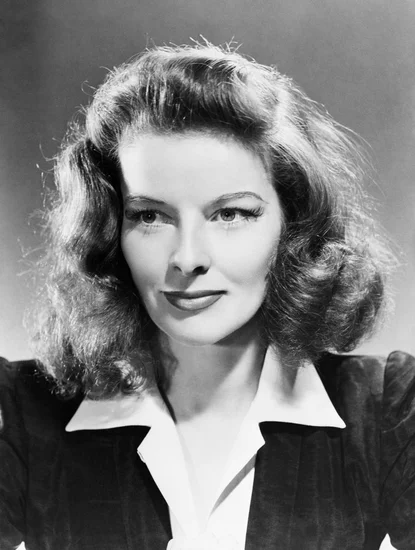
American actress Katharine Hepburn entered the world in Hartford, Connecticut, beginning a life that would redefine Hollywood stardom. Her independent spirit and fierce intelligence would challenge conventional expectations for leading ladies.
Hepburn would become the most Academy Award-winning actress in cinema history. Her legendary career spanned six decades, establishing her as one of the greatest performers in film history.
1928 – Burt Bacharach Born
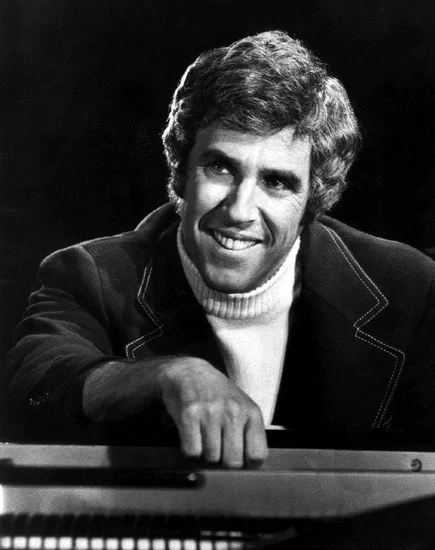
American composer and pianist Burt Bacharach was born in Kansas City, Missouri, destined to become one of popular music’s most influential songwriters. His sophisticated harmonies and memorable melodies would define an entire era of popular music.
Bacharach’s collaborations with lyricist Hal David produced dozens of classic songs. His innovative approach to melody and rhythm influenced countless musicians and earned him multiple Grammy Awards.
1924 – Yogi Berra Born

Baseball legend Yogi Berra was born in St. Louis, Missouri, beginning a journey that would make him one of the sport’s most beloved figures. His exceptional catching skills and clutch hitting would anchor the New York Yankees’ dynasty.
Berra would become equally famous for his humorous malapropisms and philosophical observations. His unique personality and baseball excellence made him an American cultural icon beyond the sport.
1946 – Tony Hawk Born

Professional skateboarder Tony Hawk was born in San Diego, California, destined to revolutionize an entire sport. His innovative tricks and entrepreneurial spirit would transform skateboarding from a niche activity into a global phenomenon.
Hawk’s video game franchise introduced skateboarding to millions of young people worldwide. His influence extended far beyond competition, making him skateboarding’s most recognizable ambassador.
1948 – Steve Winwood Born

English singer-songwriter and multi-instrumentalist Steve Winwood was born in Birmingham, England. His distinctive voice and musical versatility would make him one of rock music’s most enduring performers.
Winwood’s career spanned multiple successful bands and a acclaimed solo career. His blues-influenced rock style influenced generations of musicians and earned him induction into the Rock and Roll Hall of Fame.
1950 – Gabriel Byrne Born

Irish actor Gabriel Byrne was born in Dublin, Ireland, beginning a career that would establish him as one of cinema’s most respected performers. His intense screen presence and dramatic range would earn international acclaim.
Byrne’s work in both independent and mainstream films showcased his remarkable versatility. His performances in psychological dramas and character studies demonstrated his commitment to challenging, complex roles.
1962 – Emilio Estevez Born

American actor and director Emilio Estevez was born in New York City, launching a career that would establish him as a prominent member of the “Brat Pack” generation. His work both in front of and behind the camera would demonstrate his artistic versatility.
Estevez chose to use his birth name rather than his father’s stage name, establishing his independent identity in Hollywood. His directing work has earned critical acclaim for its social consciousness and character development.
Notable Deaths on May 12
1935 – Józef Piłsudski Dies
Polish field marshal and politician Józef Piłsudski died in Warsaw, ending the life of Poland’s most influential 20th-century leader. His death marked the conclusion of a remarkable career that spanned military leadership and political transformation.
Piłsudski had led Poland’s fight for independence and served as the nation’s chief of state. His leadership during the Polish-Soviet War and his role in establishing modern Poland cemented his place in history.
1957 – Erich von Stroheim Dies
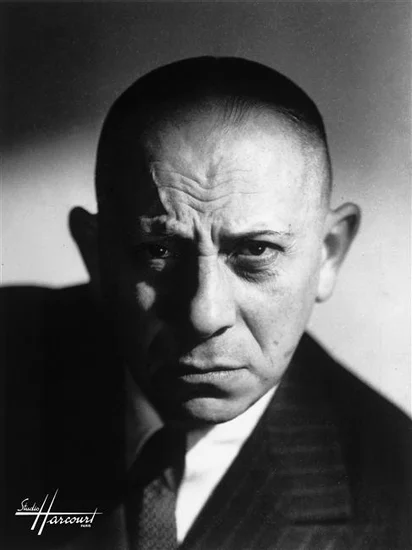
Austrian-American actor and director Erich von Stroheim died in France, ending a legendary career that had defined early Hollywood artistry. His meticulous attention to detail and uncompromising vision had made him one of cinema’s most respected figures.
Von Stroheim’s work as both director and actor influenced generations of filmmakers. His perfectionist approach to filmmaking, while sometimes costly, produced some of silent cinema’s greatest masterpieces.
1970 – Nelly Sachs Dies
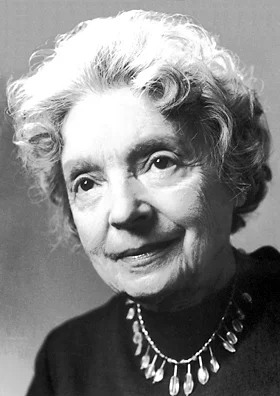
German poet and playwright Nelly Sachs died in Stockholm, Sweden, ending the life of a Nobel Prize-winning writer who had given voice to Holocaust survivors. Her powerful poetry transformed personal trauma into universal art.
Sachs’s work explored themes of suffering, redemption, and Jewish identity with profound emotional depth. Her poetry provided comfort and understanding to countless readers grappling with the aftermath of genocide.
1994 – John Smith Dies

Scottish Labour Party leader John Smith died suddenly of a heart attack in London, shocking British politics. His death removed a charismatic leader who had been poised to challenge the Conservative government.
Smith’s death altered the trajectory of British politics, paving the way for Tony Blair’s leadership of the Labour Party. His passing was mourned across party lines as the loss of a principled and effective politician.
2001 – Perry Como Dies
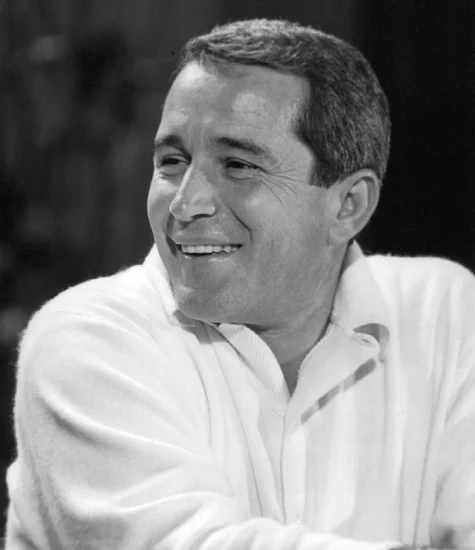
American singer and television host Perry Como died in Florida, ending a career that had brought smooth vocals and easy charm to millions of fans. His relaxed style and warm personality made him one of America’s most beloved entertainers.
Como’s television variety shows and hit recordings defined popular entertainment for decades. His influence on American popular culture extended far beyond music, establishing him as a cultural icon.
2008 – Robert Rauschenberg Dies
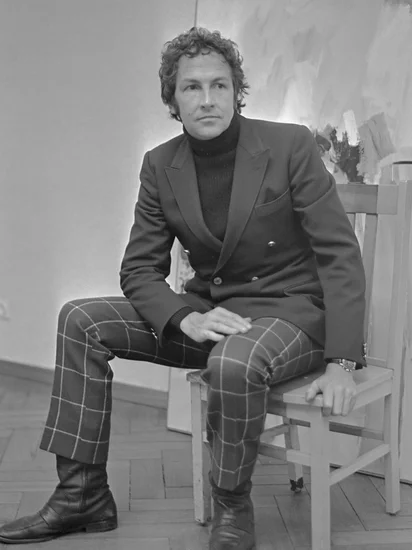
American artist Robert Rauschenberg died in Florida, concluding a revolutionary career that had challenged traditional boundaries between art and life. His innovative combine paintings had redefined contemporary art.
Rauschenberg’s work bridged abstract expressionism and pop art, influencing countless artists. His experimental approach to materials and imagery helped establish new directions in American contemporary art.
2014 – H.R. Giger Dies

Swiss artist H.R. Giger died in Zurich, ending a career that had redefined science fiction and horror imagery. His biomechanical art style had influenced film, literature, and popular culture worldwide.
Giger’s design work for the “Alien” film franchise earned him an Academy Award and lasting fame. His dark, surreal visions continue to influence artists and filmmakers decades after his breakthrough work.
Holidays and Observances on May 12
International Nurses Day

International Nurses Day honors the vital contributions of nursing professionals worldwide. The observance recognizes the dedication and skill of nurses who provide essential healthcare services in communities globally.
The day commemorates the birth of Florence Nightingale, the founder of modern nursing. Healthcare organizations worldwide use this opportunity to celebrate nursing achievements and advocate for improved working conditions.
International ME/CFS and Fibromyalgia Awareness Day
This international observance raises awareness about Myalgic Encephalomyelitis, Chronic Fatigue Syndrome, and Fibromyalgia. The day promotes understanding of these often misunderstood chronic conditions affecting millions worldwide.
Patient advocacy groups organize educational events and campaigns to increase research funding. The observance helps reduce stigma and promotes better medical care for people living with these challenging conditions.
Finnish Heritage Day
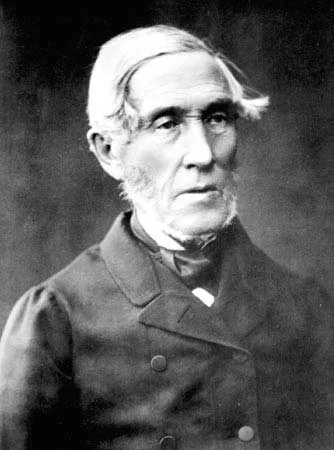
Finland celebrates J.V. Snellman Day, also known as Finnish Heritage Day, honoring the philosopher and politician who championed Finnish language and culture. The observance commemorates Finland’s cultural independence and national identity.
The day celebrates Snellman’s contributions to Finnish literature, education, and political thought. Educational institutions and cultural organizations throughout Finland organize special programs highlighting Finnish heritage and achievements.
